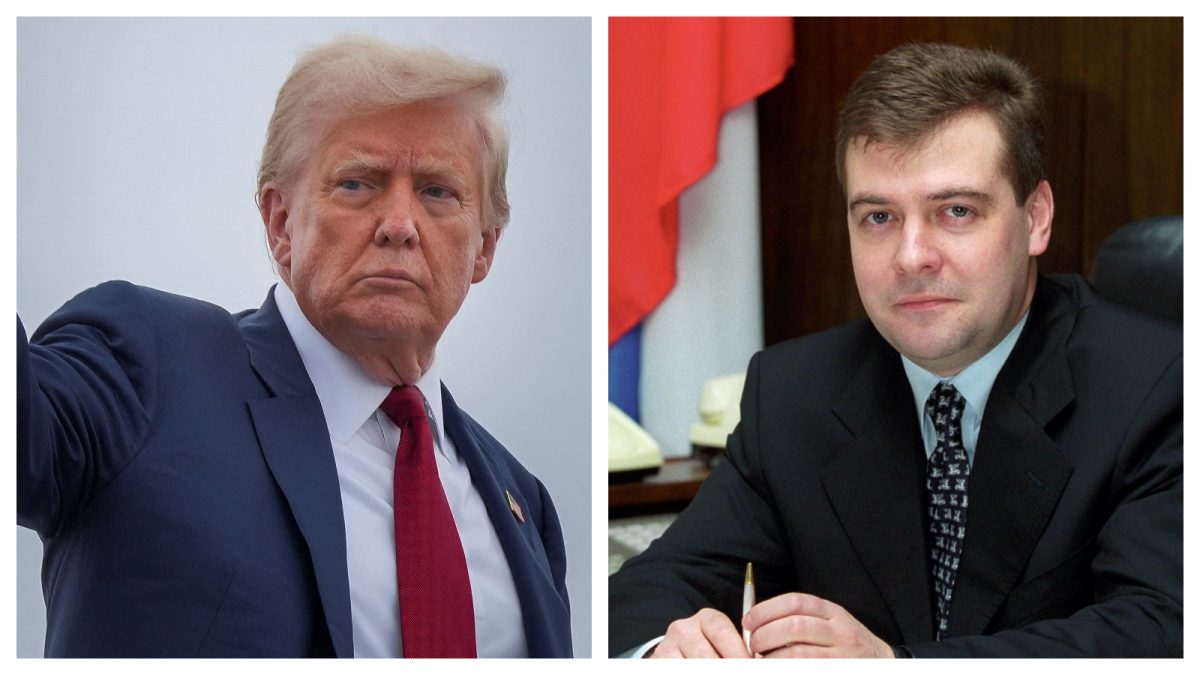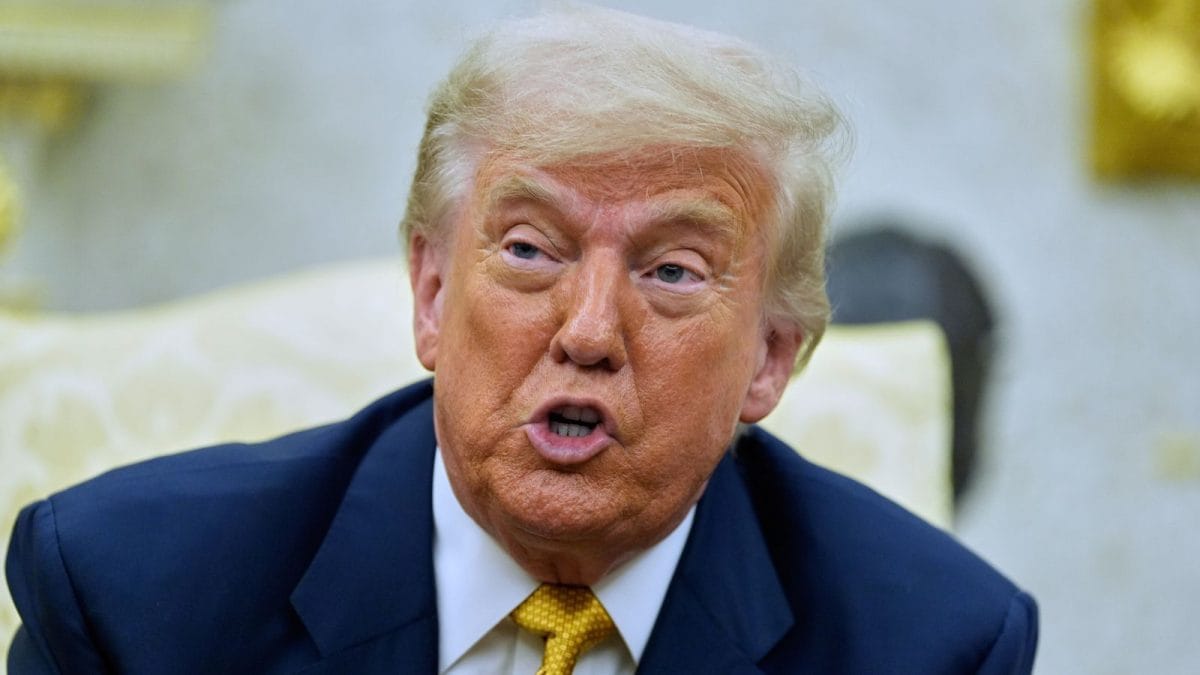Last Updated:June 08, 2025, 11:48 IST
China is reportedly planning to build a "super embassy" near sensitive financial centres in London, which has sparked alarm in the US over threats to financial systems.

President Donald Trump with British Prime Minister Keir Starmer (Reuters Image)
The Trump administration has urged the UK’s Downing Street against allowing China to build a “super embassy" near sensitive financial centres in London, after previously-shelved plans for the building were reintroduced following lobbying efforts from Chinese President Xi Jinping.
“The United States is deeply concerned about providing China with potential access to the sensitive communications of one of our closest allies," a senior US official told The Times, warning that US diplomats would be hesitant to share intelligence with Britain if the embassy’s plans were approved.
Since acquiring the Royal Mint building near the Tower of London in 2018, China has been seeking to modify its development plans. According to reports, during a visit to London last year, Chinese Foreign Minister Wang Yi discussed the issue with Foreign Secretary David Lammy, and President Xi raised the matter with Starmer as well.
What Is The Issue?
Earlier, proposals for the “super embassy" were rejected by the Conservative government in 2022 amid concerns for British intelligence, according to Daily Mail, but these plans have been reintroduced due to Xi’s lobbying.
The suggested site for this “super embassy" is situated between several major financial hubs in Canary Wharf and the City, as well as three crucial data centres. Since the plans were reintroduced, fresh warnings about threats to communication systems have arisen.
US President Donald Trump has reportedly warned British Prime Minister Keir Starmer against giving the go-ahead to the embassy during trade talks, where both sides discussed on a trade deal to avoid Trump’s punitive tariffs.
‘Strategic Overreach’
According to reports, a “dark cabling" running beneath the proposed site “feeds the City of London", about which a memo was sent to the US Security Council by members of the Inter-Parliamentary Alliance on China (IPAC).
John Moolenaar, the Republican head of the House of Representatives’ China committee, said if these reports were accurate, the site would “pose an unacceptable risk" to both the UK and US, highlighting China’s track record of targeting critical infrastructure.
“This development would raise serious concerns in the United States and could be viewed as an act of strategic overreach by Beijing and a curious error in judgment by London," he added.
Luke de Pulford, the executive director of IPAC, said the matter was a “flashpoint" in US-UK trade talks, adding that it was “staggering" that the White House had to corroborate the cabling risk in Britain to “defend its own financial system".
“It’s time to send Xi Jinping a clear message: no matter the pressure or coercion, the UK and US won’t trade away national security, and this embassy isn’t happening," he said.
Priti Patel, the shadow foreign secretary of the UK, described China as a “dangerous threat to the national and economic security of our country" and said her party continued to stand firmly against the embassy proposals.

Aveek Banerjee is a Senior Sub Editor at News18. Based in Noida with a Master's in Global Studies, Aveek has more than three years of experience in digital media and news curation, specialising in international...Read More
Aveek Banerjee is a Senior Sub Editor at News18. Based in Noida with a Master's in Global Studies, Aveek has more than three years of experience in digital media and news curation, specialising in international...
Read More
London, United Kingdom (UK)
First Published:News world US Warns UK Against Letting China Build 'Super Embassy' Near London's Financial Sites

 1 month ago
1 month ago


















